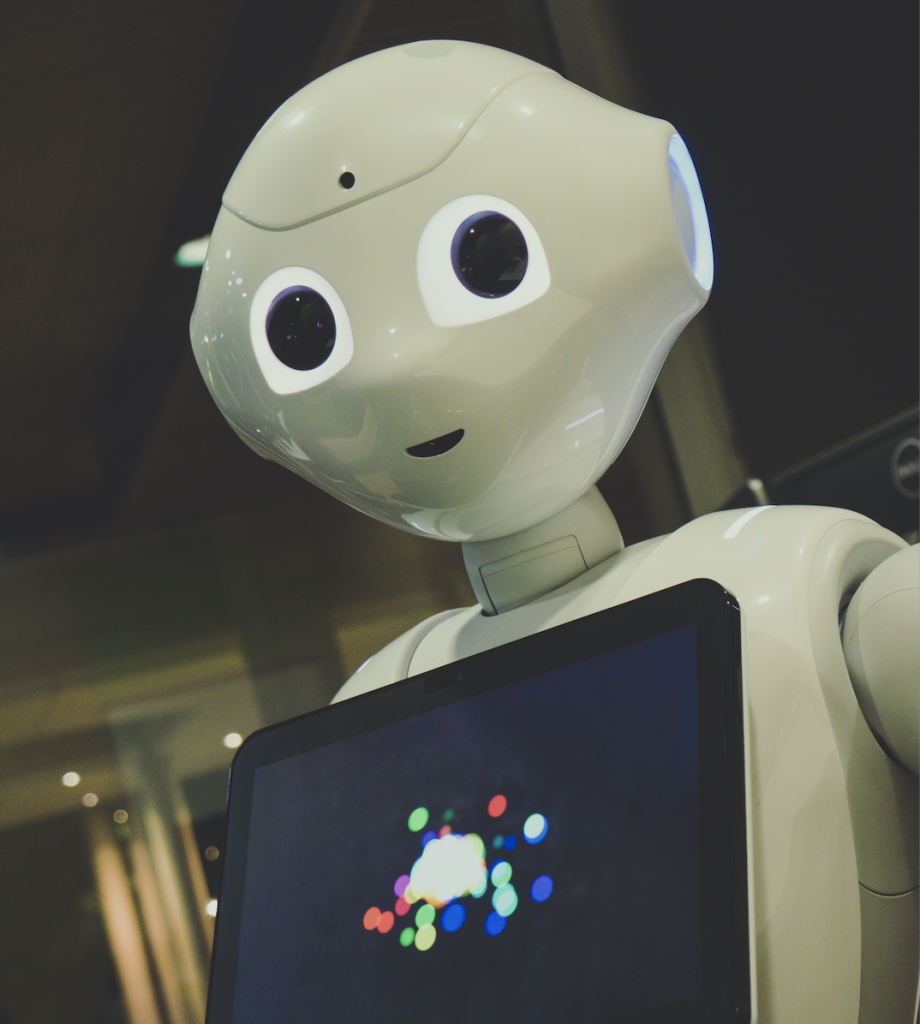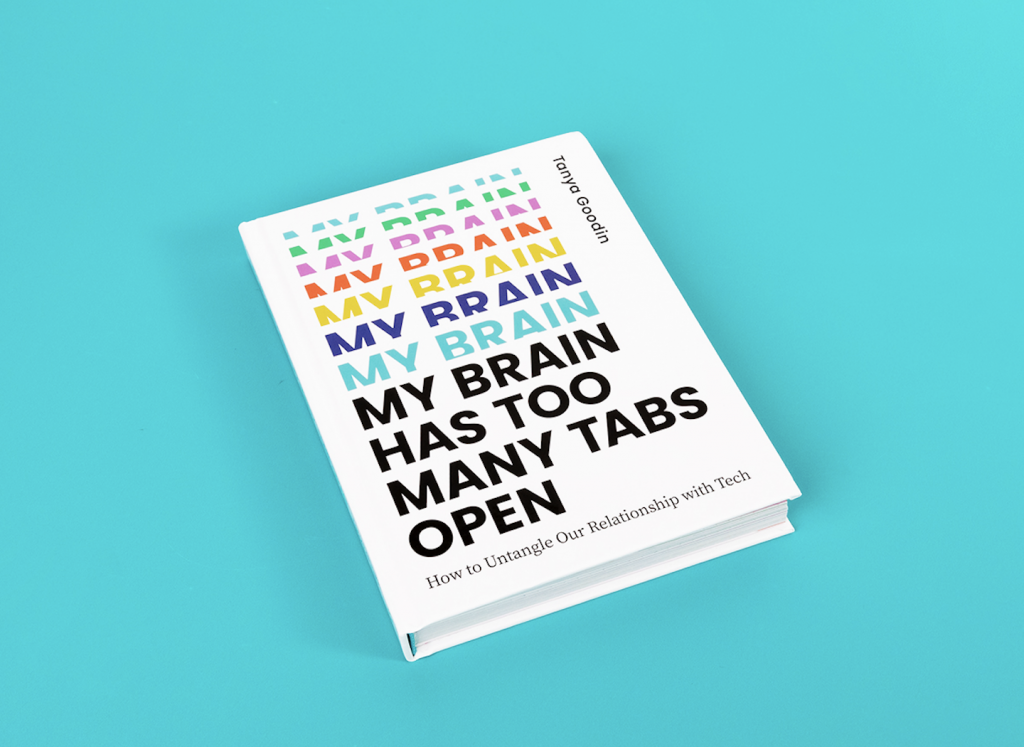Living with artificial intelligence (AI) is becoming an increasingly common part of life for teens and young people. From virtual assistants like Siri and Alexa, to self-driving cars and robots in factories, AI is already present in our lives in so many different forms and likely to become all-pervasive in the future.
As parents and teachers, we need to help young people understand both the potential opportunities and potential threats of living with AI, as well as provide some practical advice on how to navigate this rapidly changing tech landscape. Here’s my 101 on Living with AI:
Opportunities of Living with AI:
- Increased efficiency and productivity: One of the major benefits of AI is that it can help to streamline and automate tasks, freeing up time and resources for other activities. For example, AI-powered chatbots can handle customer service inquiries, allowing businesses to devote more time to other important tasks. Similarly, AI-powered automation can help to increase the efficiency of manufacturing processes, resulting in cost savings and increased productivity.
- Improved decision making: AI can also be used to analyse large amounts of data and make decisions based on that analysis. This can be particularly useful in fields such as finance and healthcare, where access to accurate and timely data is crucial. By using AI to make decisions, organisations can potentially make more informed and accurate choices. (But see #3 in Threats).
- Enhanced personalisation: AI can also be used to personalise products and services to better meet the needs and preferences of individual consumers. For example, AI-powered recommendation engines (like Spotify or Google) can suggest products or content based on a user’s past behaviour, resulting in a more tailored and personalised experience .
- Improved access : AI can also be used to provide greater access to information and resources, particularly for those who may have limited access due to geographical, physical, or financial constraints. For example, AI-powered translation tools can help to break down language barriers, while AI-powered virtual assistants can help people with disabilities to access information and perform tasks more easily.

But there are threats as well as opportunities that will come with a future of living with AI:
Threats of Living with AI
- Job displacement: AI has the potential to displace jobs, particularly those that involve routine or repetitive tasks. While some jobs may be replaced entirely, others may be transformed, requiring workers to acquire new skills or knowledge in order to remain competitive in the job market.
- Privacy concerns: An important concern with AI is the issue of privacy. As AI systems collect and analyse increasing amounts of data, there is a risk that data could be misused or mishandled. It’s important for young people to understand the importance of protecting their personal data and to be aware of the ways in which it might be collected and used.
- Bias in AI systems: AI systems are only as good as the data they are trained on, and if that data is biased, the AI system may also be biased. This can lead to unfair or discriminatory outcomes, particularly in fields such as criminal justice and recruitment. It’s important for young people to be aware of the potential for bias in AI systems and what they can do to help work towards creating a world with more inclusive and diverse data sets.
- Over-dependence on technology: Finally, it is important for young people to be aware of the potential risks of becoming too dependent on AI, and technology as a whole. While technology can certainly make life easier and more convenient, it is important to maintain balance and not rely on it to the extent that it becomes a hindrance to developing important life skills and abilities.
Five Practical Steps for Living with AI:
There are some practical steps young people can take to prepare themselves for a world dominated by AI:
- Stay up to date: As artificial intelligence continues to evolve and become more prevalent, it’s important for young people to stay up to date on the latest developments. This can be done through reading, attending talks and workshops, or taking online courses.
- Educate yourself about AI: The first step in preparing for living with AI is to understand what it is and how it works. Teens can start by learning about the basics of AI and how it is used in different fields, such as healthcare, transportation, and finance. Understanding the capabilities and limitations of AI can help teens make informed decisions about how they want to use it in their own lives.
- Develop critical thinking skills: As AI becomes more integrated into our daily lives, it is important for teens to be able to evaluate and critically analyse the information they encounter. This includes questioning the sources of information, considering multiple viewpoints, and being able to identify biases or misinformation. By developing these critical thinking skills, teens can better understand and navigate the complex issues surrounding AI.
- Learn to code: Coding is a valuable skill in today’s digital world, and it can also be a useful tool for understanding and interacting with AI. Even if teens don’t want to pursue a career in computer science, learning how to do some basic coding can help them better understand how artificial intelligence algorithms work and how to use them to solve problems. There are plenty of resources available for learning to code, including online tutorials, bootcamps, and school and college work.
- Understand the ethical implications: As AI becomes more prevalent, it’s important for teens to understand the ethical implications of its use. This includes understanding issues such as privacy, bias, and the potential for AI to be used by bad actors. Teens can learn about these issues by reading about them in the news, participating in discussions and debates, and exploring ethical frameworks for thinking about AI.
Preparing for living with AI both now and in the future will require a combination of education, critical thinking skills, coding skills, and an understanding of the ethical implications of AI. By taking some simple practical steps, teens and their parents can better understand and navigate the rapidly evolving world of AI.
Read more on living with new and emerging technologies

If you want to read more from me on living with technology in 2023 and beyond, pick up a copy of my latest book.
